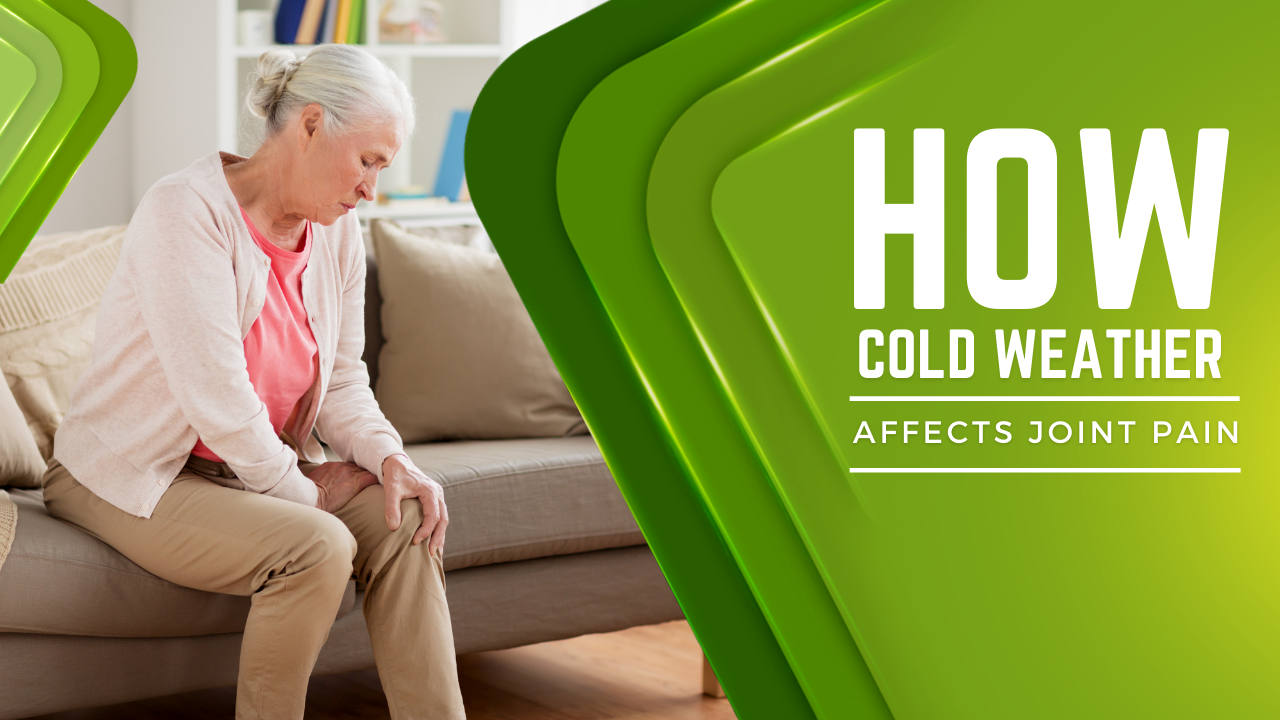Stiffness, joint aches, and pains are often associated with changes in weather, especially the falling temperatures of winter. There is no one explanation for why dropping temperatures affect your joints but there are different theories behind understanding why certain patients react to weather changes in terms of joint pain.
One such theory suggests that in cold weather the body will conserve heat and it will send more of the blood to the organs in the center of the body, like the heart or the lungs, and not to the peripheral arms, legs, shoulders, or knee joints, thus constricting the blood vessels. decreasing blood flow to those areas makes the joint colder and stiffer, which can cause discomfort and pain.
Some researchers give Barometric pressure changes theory as the reason for the same as the Barometric pressures will often fall before cold weather sets in which causes expansion of tissues and leads to pain in your joints. Learn to manage Joint Pain with Ayurvedic Herbs.
Increasing thickness of joint fluid is also considered one reason as in cold weather the synovial fluid which acts as a shock absorber within the joint may become more viscous and less flowy in nature causing joint crepitations and pain.
Inactivity or less physical exercise as People tend to move less in freezing weather and long periods of inactivity can deteriorate joint health.
No matter what the cause is many people experience winter stiffness and ache so to further reduce it few remedies can be taken into consideration-
- EXERCISE- When it’s cold outside and you are in pain, the last thing you might want to do is exercise. As one of the best ways to keep joints functional is to use them. Doing a few stretches and yoga asanas will keep your joints limber and strong.
- KNEE BRACES/BANDS- Knee bands or braces can be used to reduce swelling and improve stability in the knee. This will maintain the warmth and help get the blood flowing through your body and to your muscles easily.
- DIET AND VITAMINS- Cherries, berries, grapes, cabbage, kale, spinach, and plums, combined with omega-3 rich foods like fish and nuts, can help decrease swelling and Vitamin C – Vitamin D enriched food can also increase in new collagen production.
- HERBS- Ginger is known for its exceptional antiseptic properties that help reduce joint pain and swelling so indulge in some warm ginger decoction, herbs like Nirgundi, Shallaki, Ashwagandha reduces internal inflammation and reduces pain.


